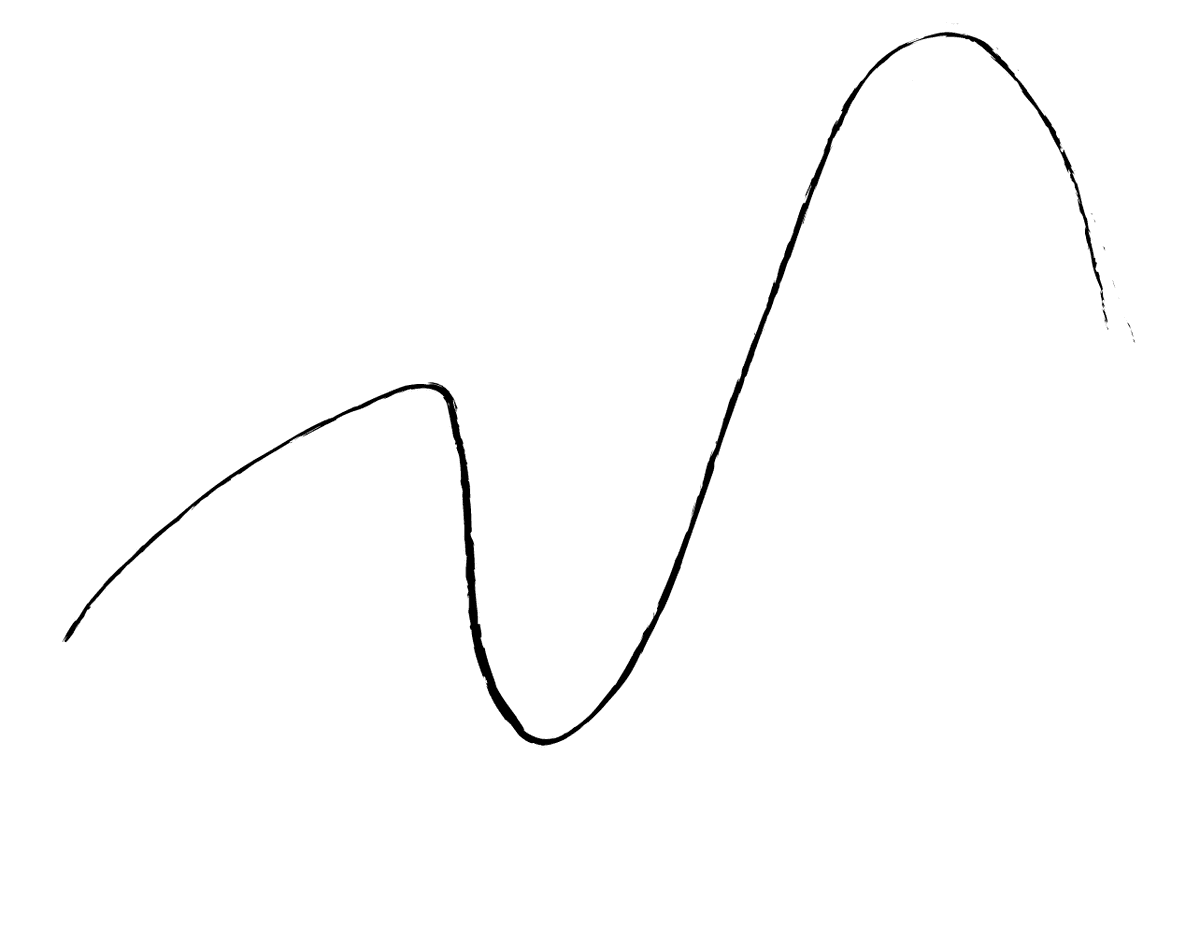
WWCode Podcast #30: BHM – Building Advocate Networks – Jetpack Compose & Android


KB: Excited to be celebrating and having this conversation about our journey. Why and what made you become an engineer?
TA: My career journey is one that has inspired so many women here in Nigeria to venture into tech. I didn't study engineering or any computer-related courses. I started my journey working as a business development executive with a real estate firm. I read a blog post about two kids who learned to code online and started a tech company. That got me really inspired. The blog where I read about the kids mentioned the website codecademy.com. I clicked on it and my journey started.
I started learning HTML and CSS on Codecademy and in about a week, I was done. I was enjoying the learning, so I continued. A few weeks before I stumbled on Codecademy, one of my colleagues had sent me a link to consider joining an all-female coding boot camp with Andela. At the time I had said no, but after going through that HTML and CSS course on Codecademy, I applied for it.
Andela was hiring the top 1% smart individuals and put us through guided learning to make us better software engineers. I thought this was an interesting opportunity to get paid while learning. I could leave the real estate firm and pursue it full-time. I became more intentional in my quest for knowledge. I got into Andela after trying three times. From Andela, I joined Women Who Code and now am a software engineer with Women Who Code.
KB: Tell me a little bit more about the differences between working remotely.
TA: The company that I started working with was doing the remote model before remote became a thing. We did learn the skills that I required for remote work. For example, a lot of times, one needs to over-communicate because you are not in a physical space with the team. Also learning to use the digital tools that help to collaborate easily.
Living in Africa and working with mostly US companies changed my work time frame in an interesting way. I love working very late at night. It was an easy way to help me find balance. I was able to structure work around time when there is no disturbance. Working remotely has its own challenges, but it has its benefits.
What drew you into tech, and what inspired you to start your own Law-Tech company?
KB: My journey wasn't a traditional one. I didn't actually desire to go to law school, and then I found myself in law school. I was a JD/PhD student, studying both law and psychology, and I thought I would lean more to psychology. I ended up staying with law. I'm in my15th year practicing.
I always liked technology and wanted to be a lawyer that operated differently. Technology was a foundational part of that. Law is reactive, I wanted to be proactive. In my industry, I am one of the leaders in subscription legal Services. In 2010, I was thinking about how to grow my career. I started doing subscription legal services, then thought I could do this via a tech platform.
TA: Would you like to share about the cultural similarities and differences between some of the industries you've worked with?
KB: Just like in tech, in legal, in leadership positions, you see less and fewer women, you see less and less Black and Indigenous people of color. The intersection of legal and tech is where my platform sits, so it's amplified. I think legal hasn't done a great job of bringing every voice to the table. The legal industry centers on lawyers, it should be centering the community in which it supports. I think there are a lot of similarities with tech and law. There are a lot of opportunities through what we do daily at Women Who Code to push our industries to do better.
What do you think people who are hiring software engineers should know, especially when they're thinking about people from other countries?
TA: Working remotely, opens them to a pool of talent globally. Nigerians are beginning to realize that the competition for talent is no longer the next company down the street, it's a different continent. They are also beginning to wake up to what working remotely actually means and why they should probably embrace it, and why they should begin to offer better benefits to keep their talents.
The most innovative hiring professionals are beginning to look out for engineers with good problem-solving skills, who are curious and have a growth mindset. As long as the engineer is curious enough to learn new technologies and is constantly developing oneself, he or she would definitely be an asset. It is also important that the engineer is team-oriented, seeks collaboration, and can work independently and get results.
KB: Talent exists everywhere. When we have more diverse voices, more diverse experiences, what gets built is better. The impact is greater.
TA: What do you think a startup should look out for when they want to go into funding?
KB: Funding is a part of your growth trajectory. Do you self-fund and put in the equity and bring in others who can support you? Do you go after those that can help you by injecting a lot of money to scale you faster?
Resources are important. Want to go into an organization or start your own? Being well-resourced is an important part of that. Through your development, people who are supporting you, whether that's mentors, investors, leaders in your organization, or your family and friends, being well-resourced is important.
What advice would you give software engineers as they're looking to continue down their
journey of growth and development?
TA: I see that a lot of engineers are beginning to embrace the remote culture. They are beginning to look out for more remote opportunities, looking to work in the global space. My advice would be, understand that you are of great value. Look for a company that will help you thrive in your professional career and also help you achieve your dreams.
KB: I would say don't be afraid to learn. First, learn how things operate, and then don't be afraid to break the status quo.